
Mar 31, 2023 | Advocacy, News
The ICJ is concerned that the newly proposed anti-terrorism legislation, if adopted as currently formulated, will give rise to a panoply of human rights violations and, much as the existing “Prevention of Terrorism Act”, is open to misuse.
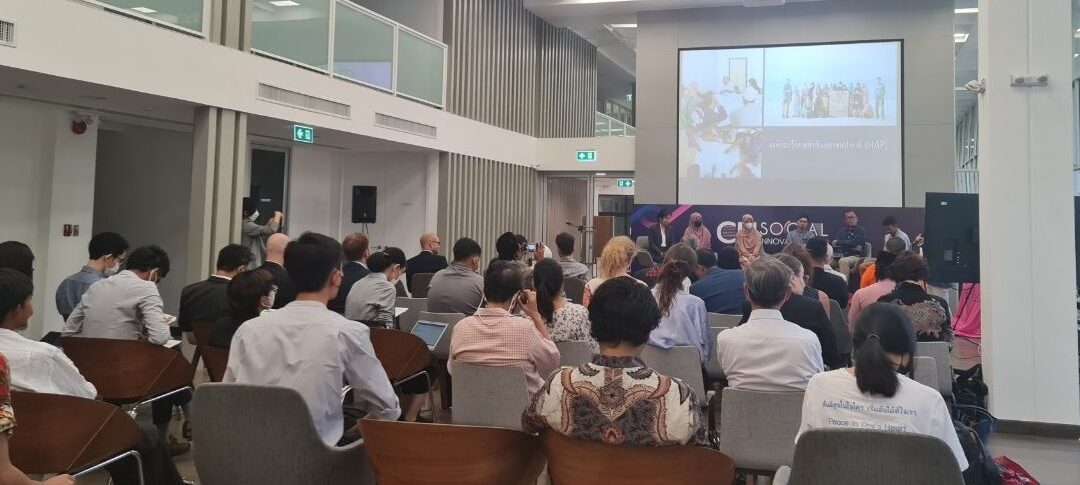
Mar 24, 2023 | Advocacy, News
“The realization of human rights is not only essential end in itself, but must play a central role in developing security and development policies in the southern border provinces of Thailand, and recognize as a tool in shaping effective peace process and the free and fair general election” participants concluded at a public dialogue hosted by the International Commission of Jurists (ICJ), Cross-Cultural Foundation (CrCF), Amnesty International, and Chulalongkorn University’s Social Research Institute on 24 February 2023.
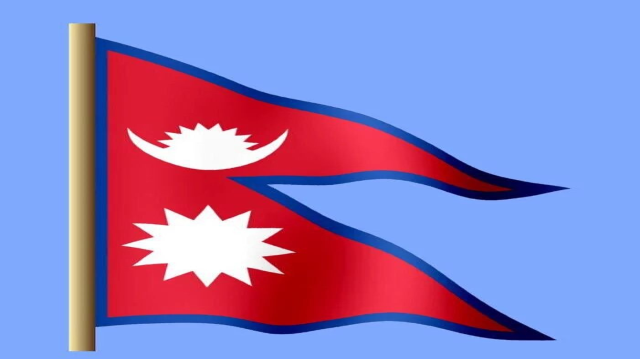
Mar 24, 2023 | Advocacy, News
Nepal’s proposed law disregards domestic and international legal standards
(Geneva, 23 March 2023) — A bill to amend Nepal’s transitional justice legislation does not fully meet the country’s domestic law or international legal obligations and will not provide justice for victims if adopted in its current form, Amnesty International, Human Rights Watch and the International Commission of Jurists said today.
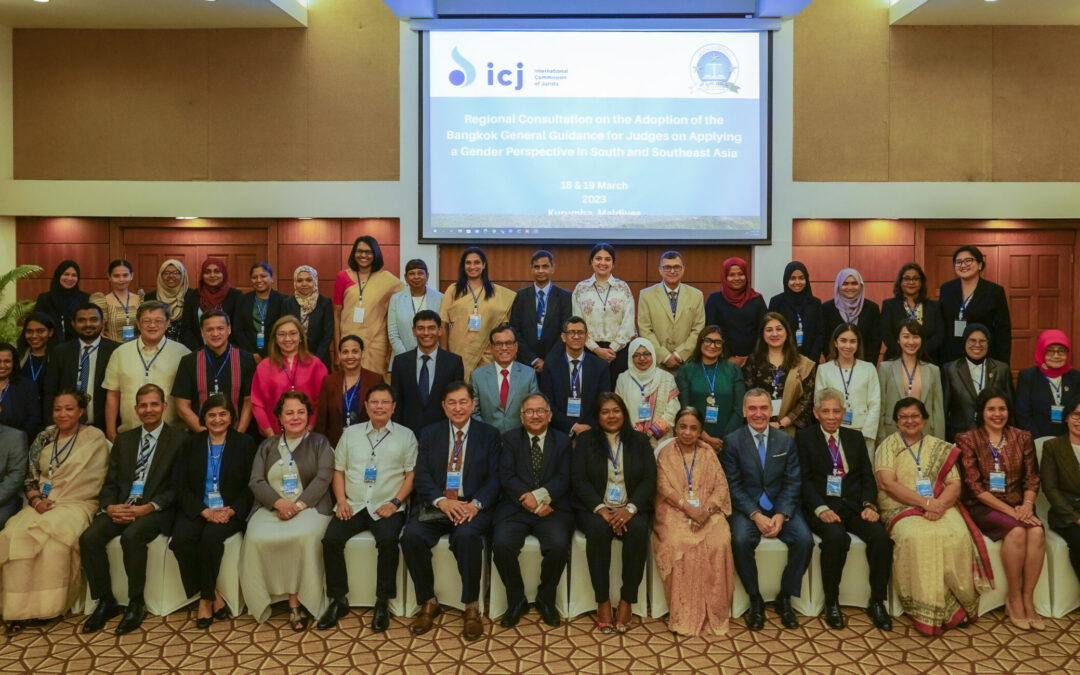
Mar 23, 2023 | Advocacy, News
Representatives of judiciaries and judicial training academies from across South and Southeast Asia have agreed to take effective measures to ensure that a gender perspective is incorporated into their judicial roles and functions. In particular, they have committed to work toward the adoption of Bangkok General Guidance for Judges on Applying a Gender Perspective.
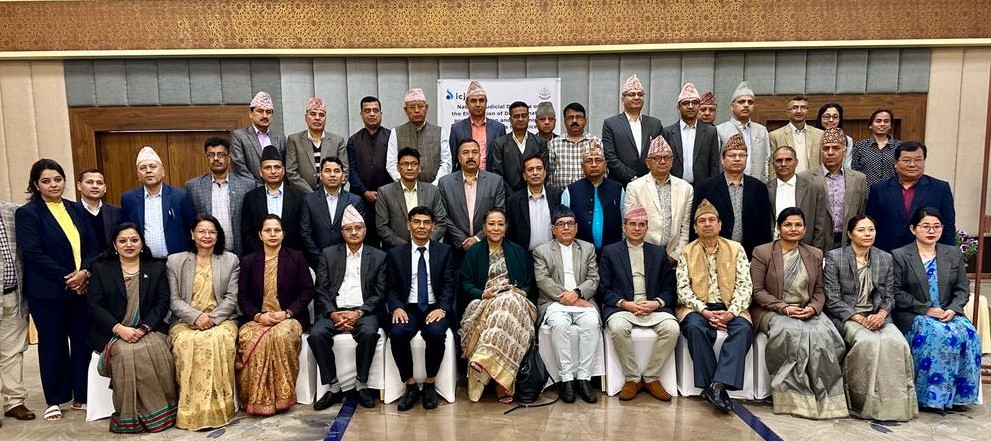
Mar 19, 2023 | Advocacy, News
Thirty-three judges from the District Courts and High Courts of Koshi and Madhesh Provinces in Nepal participated in a Judicial Dialogue, jointly hosted by the International Commission of Jurists (ICJ) and the National Judicial Academy.
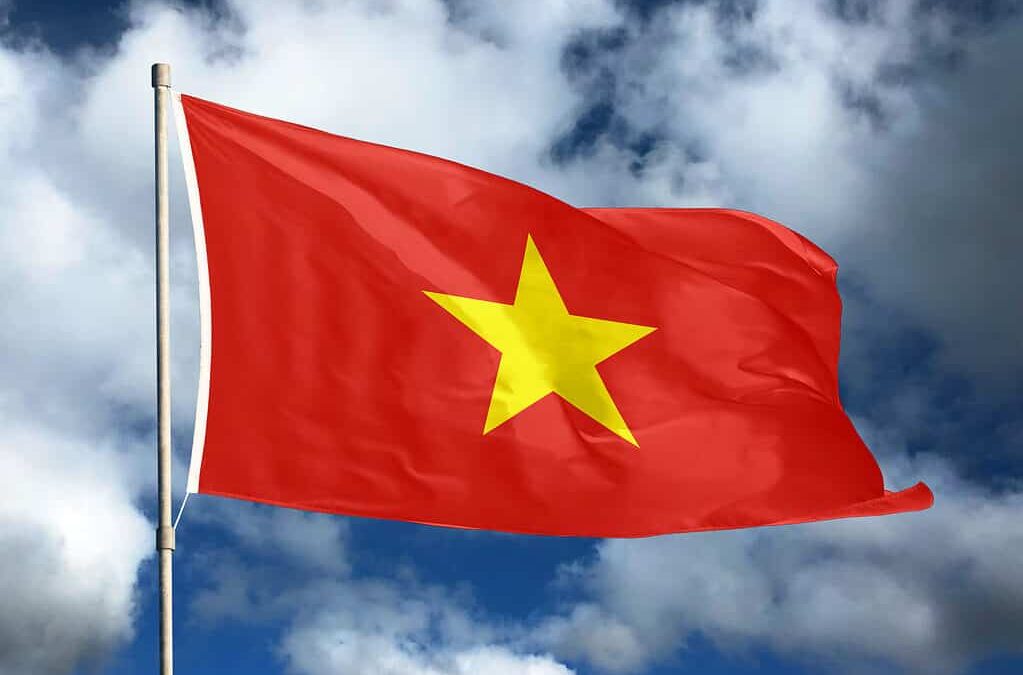
Mar 15, 2023 | Advocacy, News, Non-legal submissions
On 10 March 2023, the ICJ submitted preliminary comments and recommendations to the Ministry of Justice of Vietnam, indicating that there has been a lack of inclusive participation in developing the National Action Plan on Policy and Law Improvement to Promote Responsible Business Practices in Vietnam (2023-2027) (‘draft NAP’). In addition, the plan has failed to fully incorporate the existing international human rights law framework, selling short individuals and communities adversely affected by the conduct of business activities.










